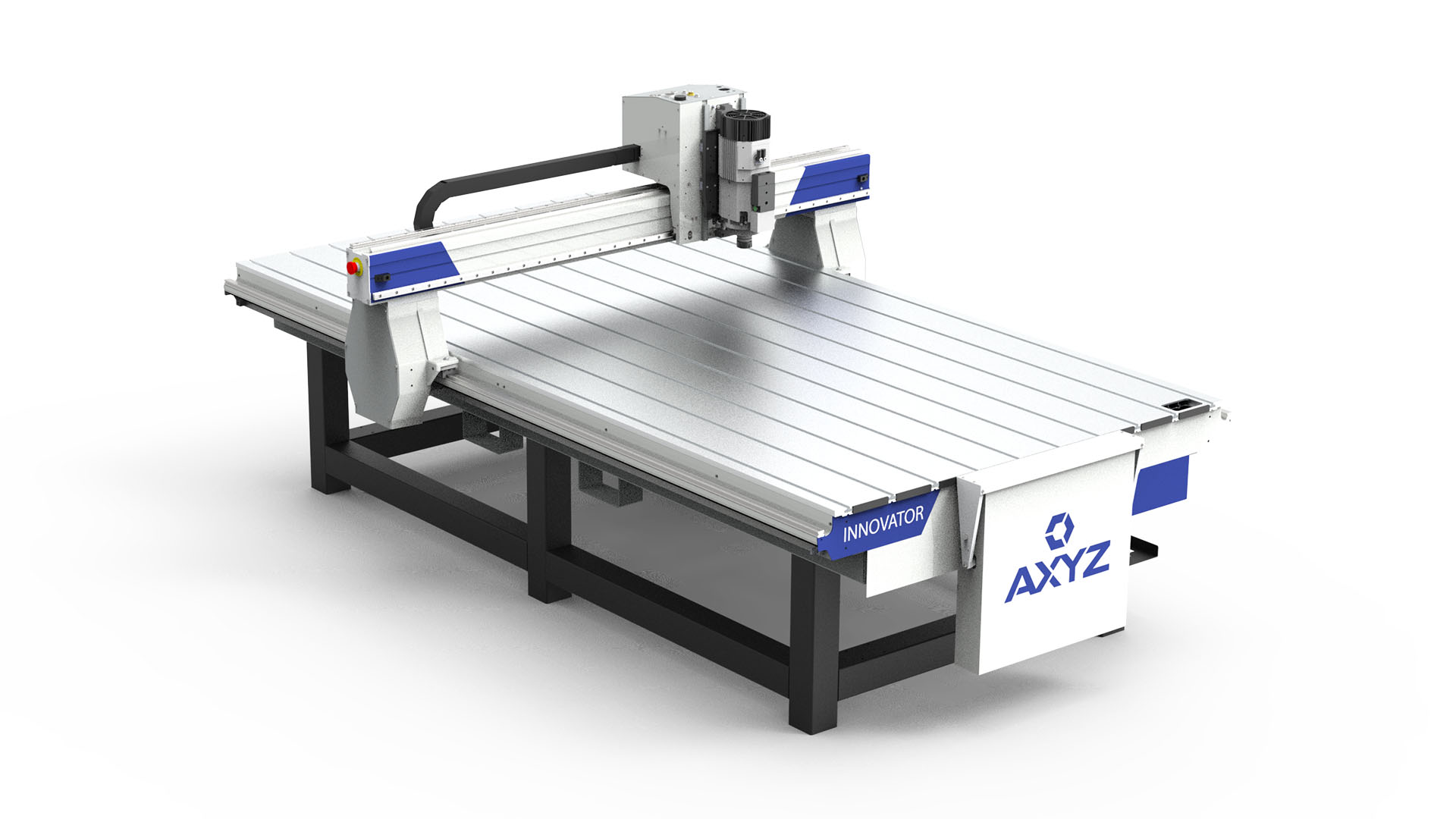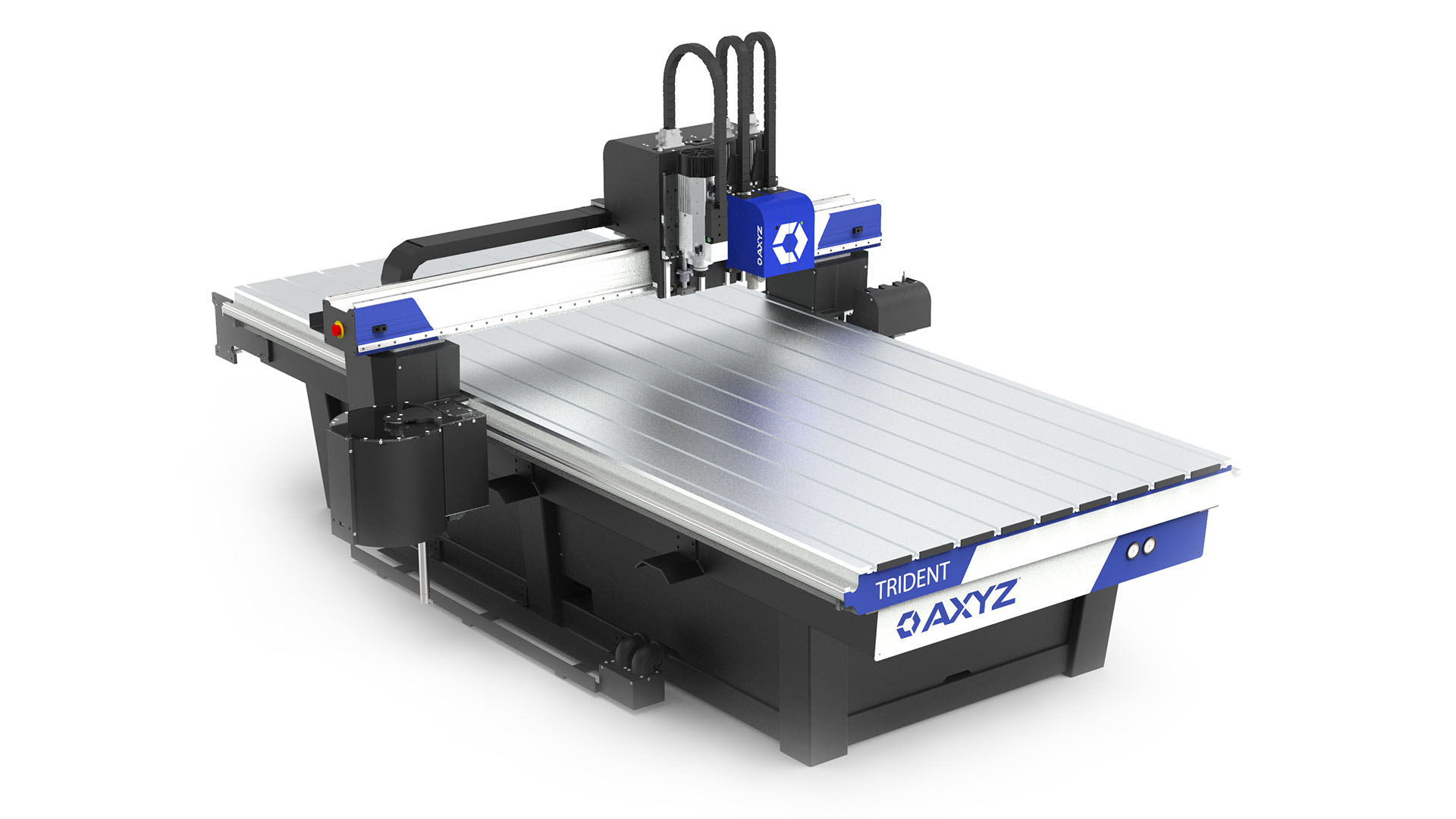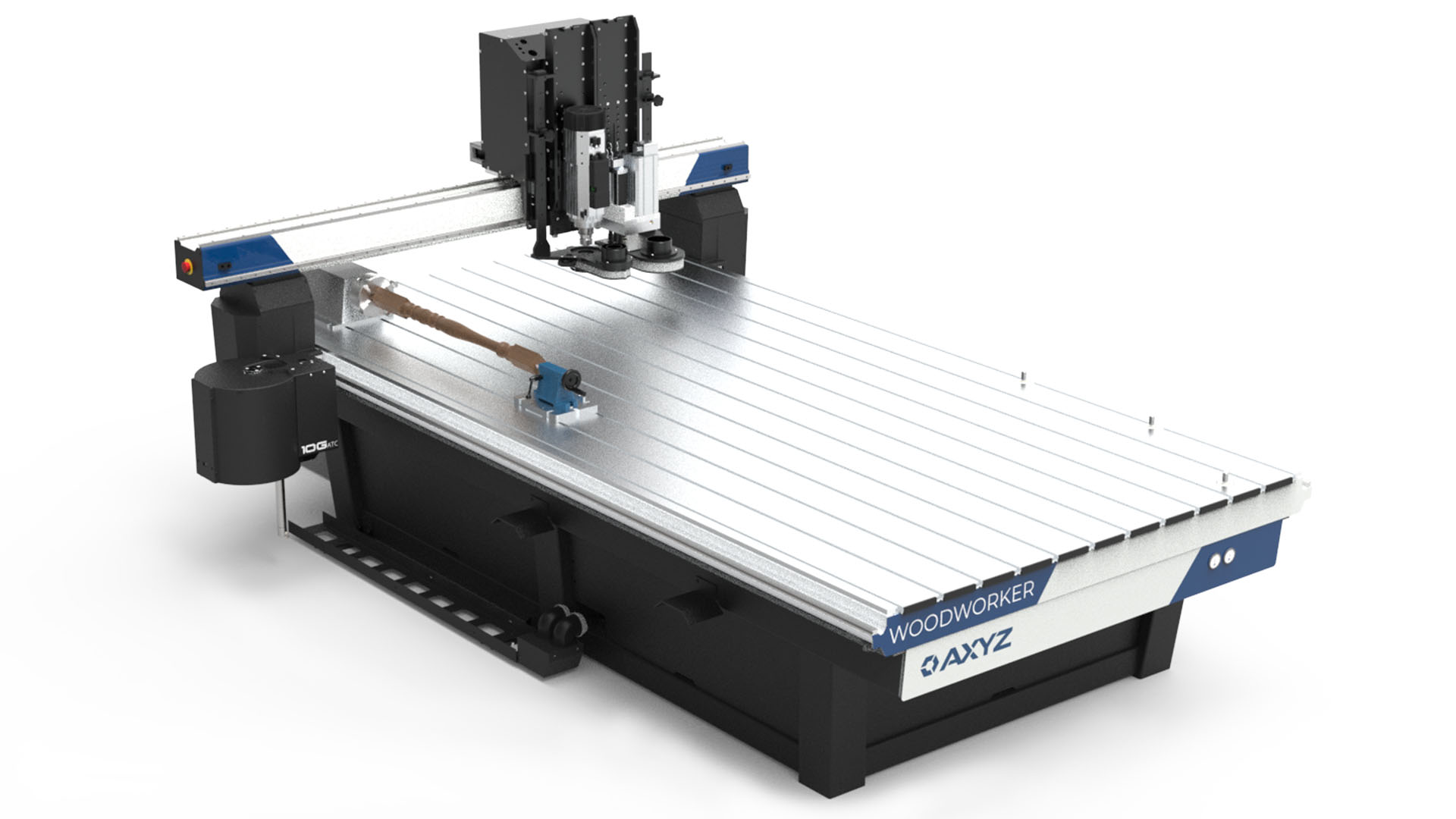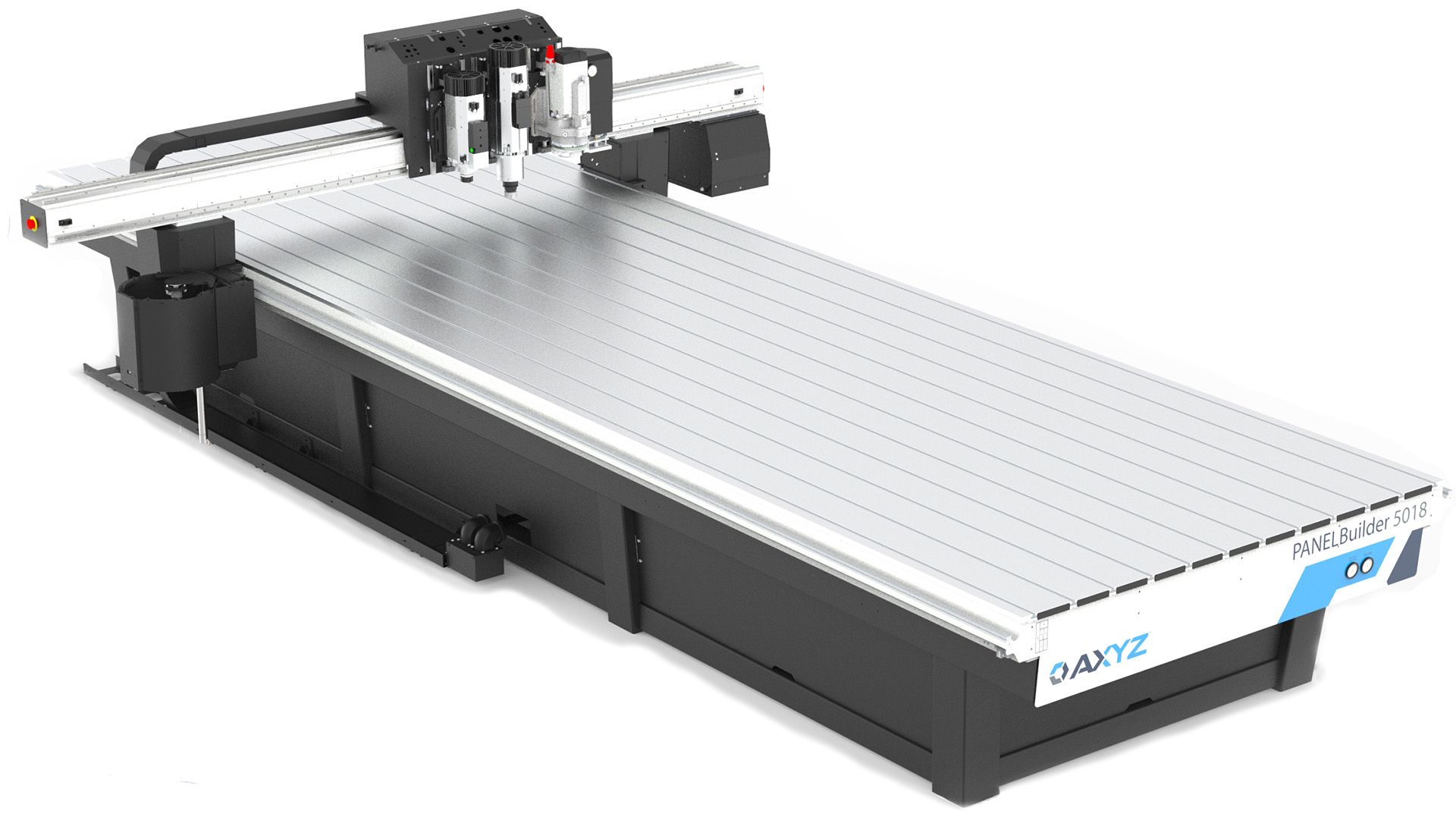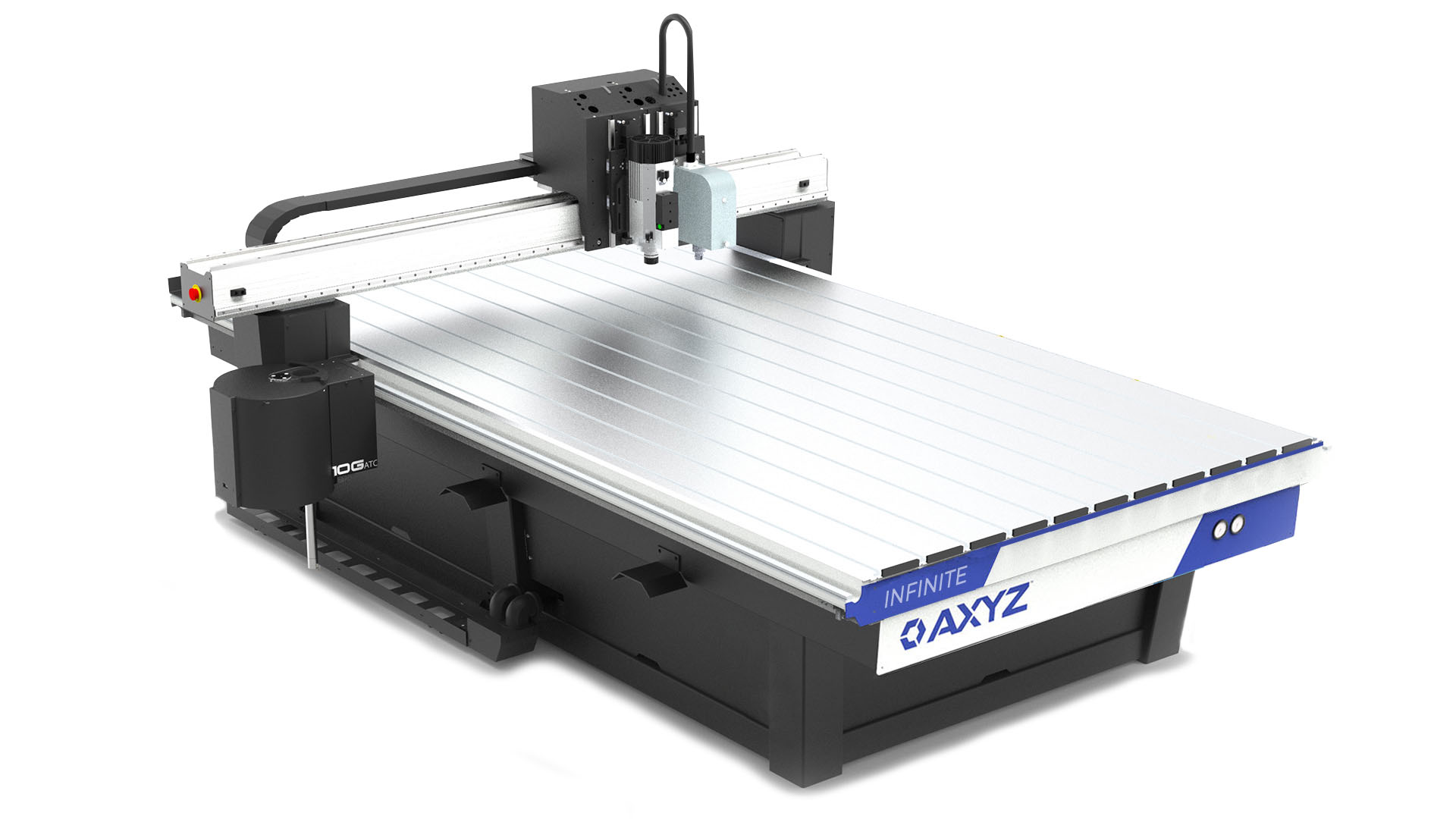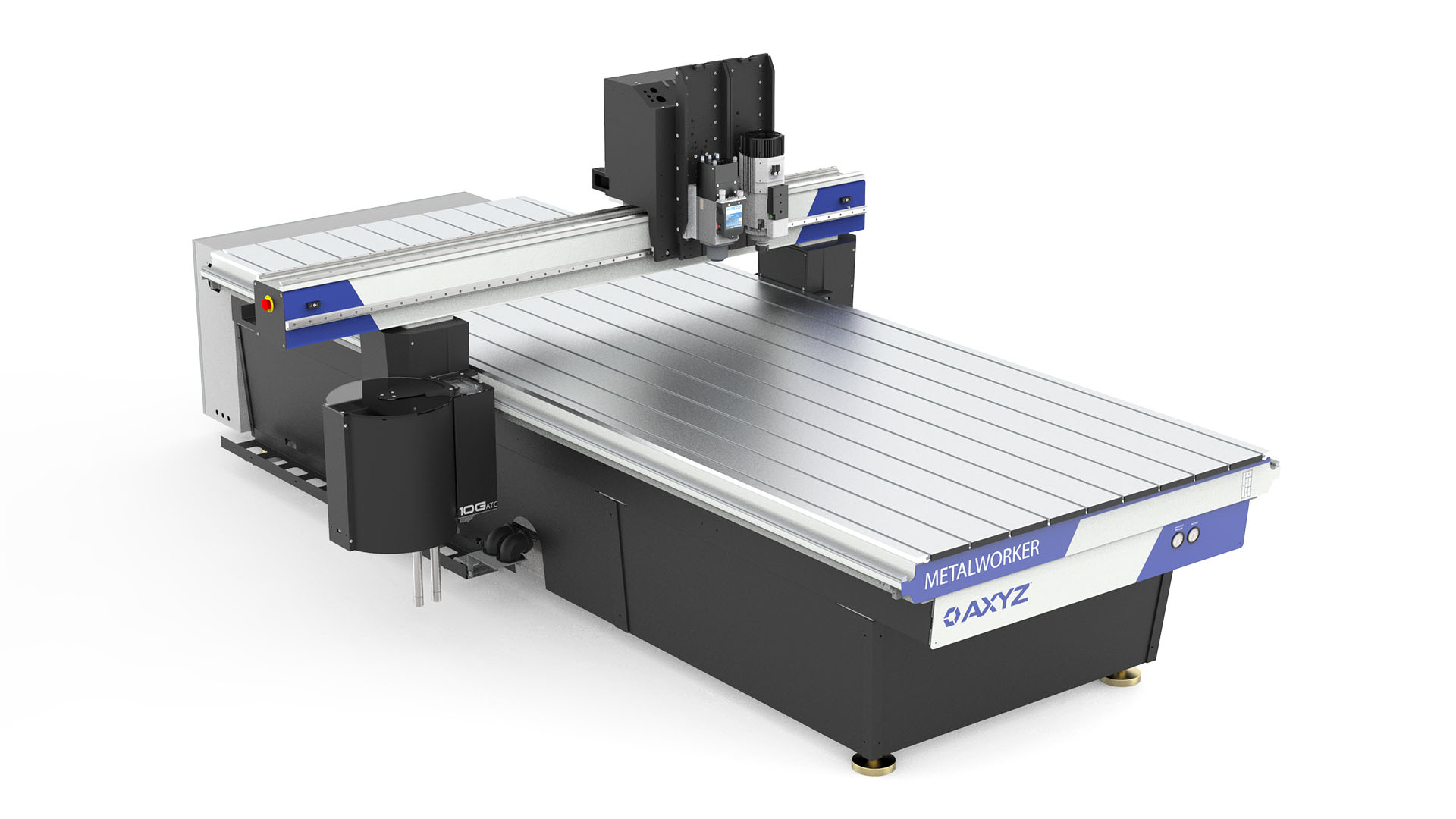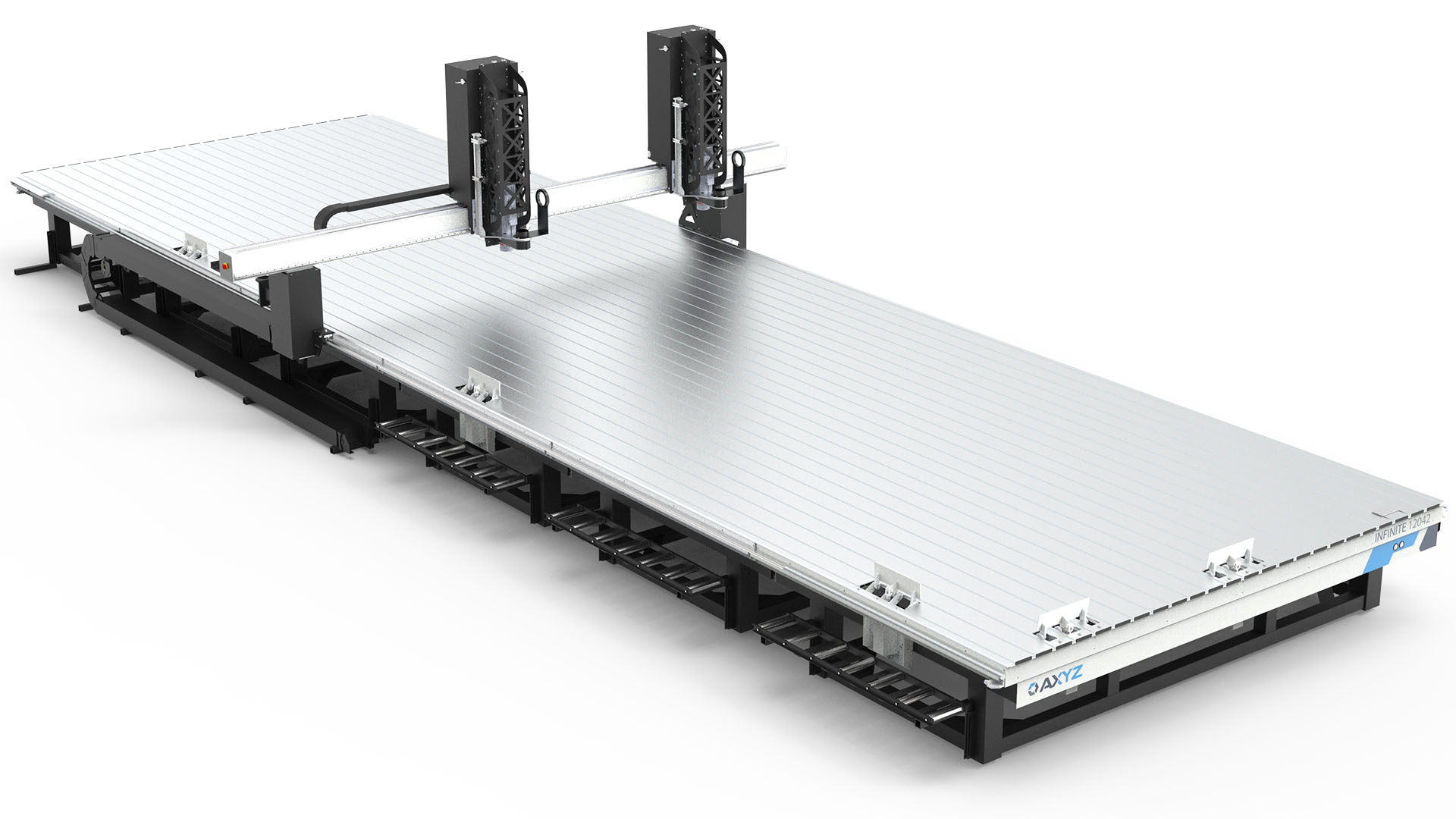Cutting packaging foam on a CNC router is a popular application. A router is an ideal machine to use as it can cut pockets as well as full depth profiles and can also machine a full 3D contoured surface if required. Getting the best results can sometimes be tricky especially for new operators so we’ve put together a few tips which should help get you up and running as quickly as possible:
Holding the material
Securely holding the foam to the bed of the machine is essential for accurate processing. The problem with foams is that some of them can be very light and sometimes porous which makes them hard to secure with the standard vacuum deck arrangement. Machines will most likely be using either a vacuum pump or a blower. These have specific characteristics which can affect how they work with foam materials. Blowers will move a greater volume of air than pumps which means that if your foam is slightly porous a blower may work better as it will be less affected than a pump by air leaking through the holes. Another effective way to improve the hold down of porous materials is to temporarily apply a low tack plastic film to the underside of your material. This creates a good seal which allows the pump or blower to create an efficient vacuum and can be easily removed after the job is completed.
Choice of cutting head
Some foams can be cut with either a knife or a router and in some cases with both. Usually the best device will be determined by the design of the finished product. For example packaging often requires pockets to be cut into the material in which case a routing spindle should be used. For full depth profile cutting an oscillating knife will usually be the best solution. Knife blades up to 5” (120mm) long are commonly available and can be used to cut intricate shapes with little or no waste material.
Choice of cutting tool
Selecting an appropriate cutting tool is very important and will have a direct effect on the quality of cut. For example if an upward spiral router bit is chosen an upward force will be applied to the material which could cause it to lift and produce unwanted contours or depths of cut. Equally, a downward spiral bit might push the material down resulting in more material being removed than desired and leaving a larger pocket or smaller part if cutting the profile.
For the majority of foams we recommend that a twin fluted straight cutter is used. This will put only a small radial force on the material and will cut the part with minimal distortion and leave a good smooth finish.

